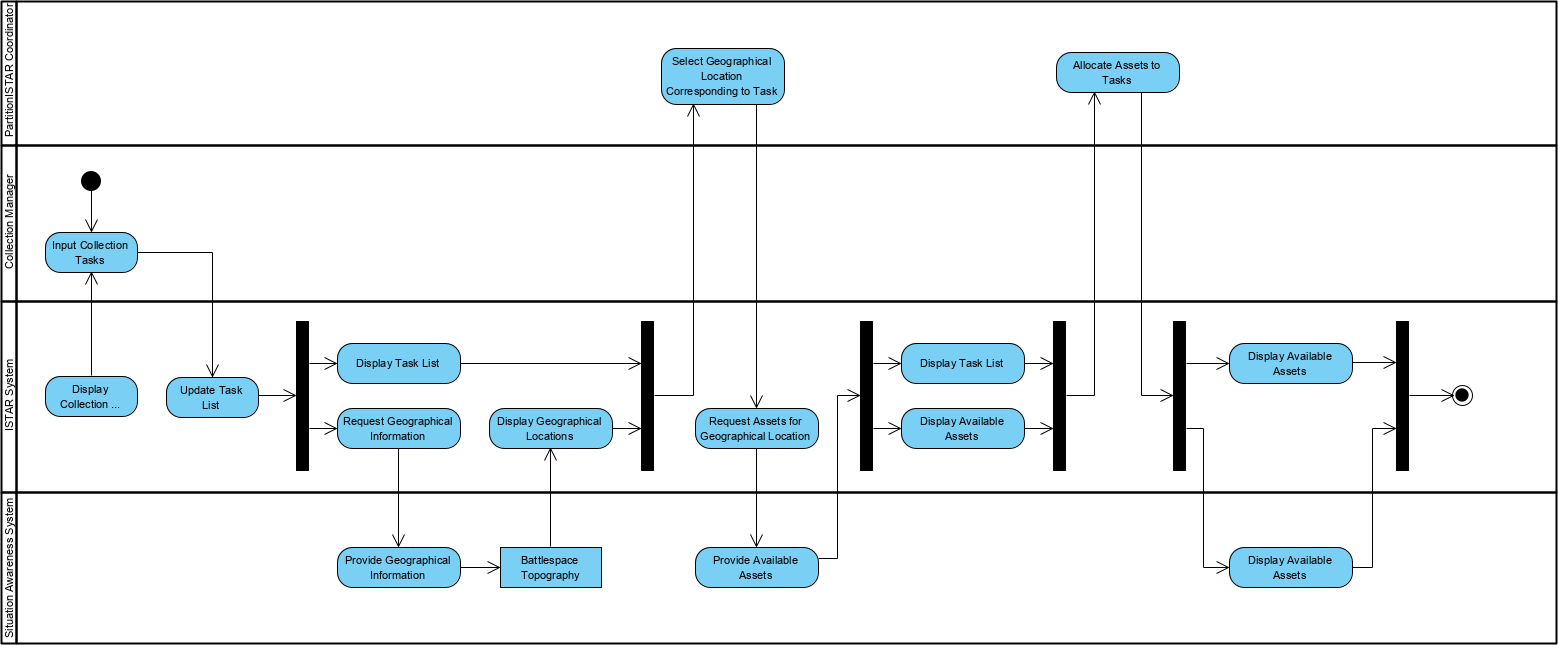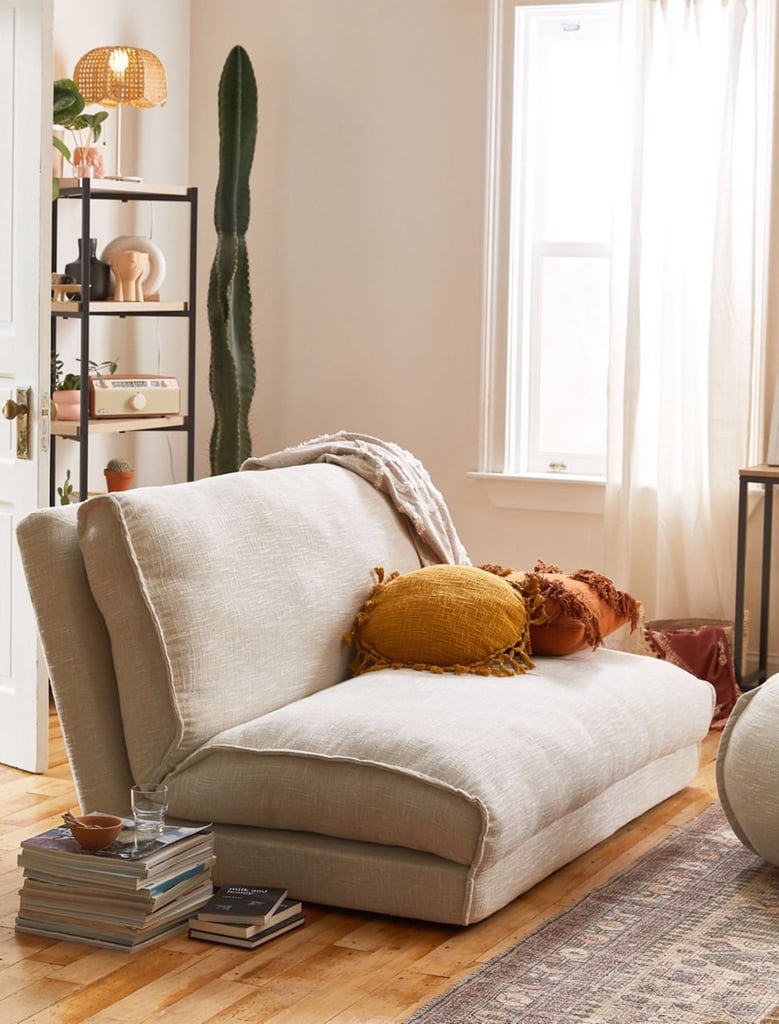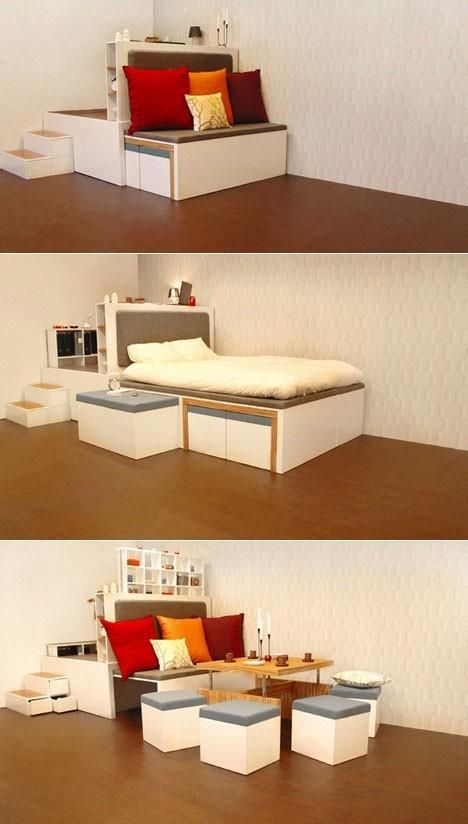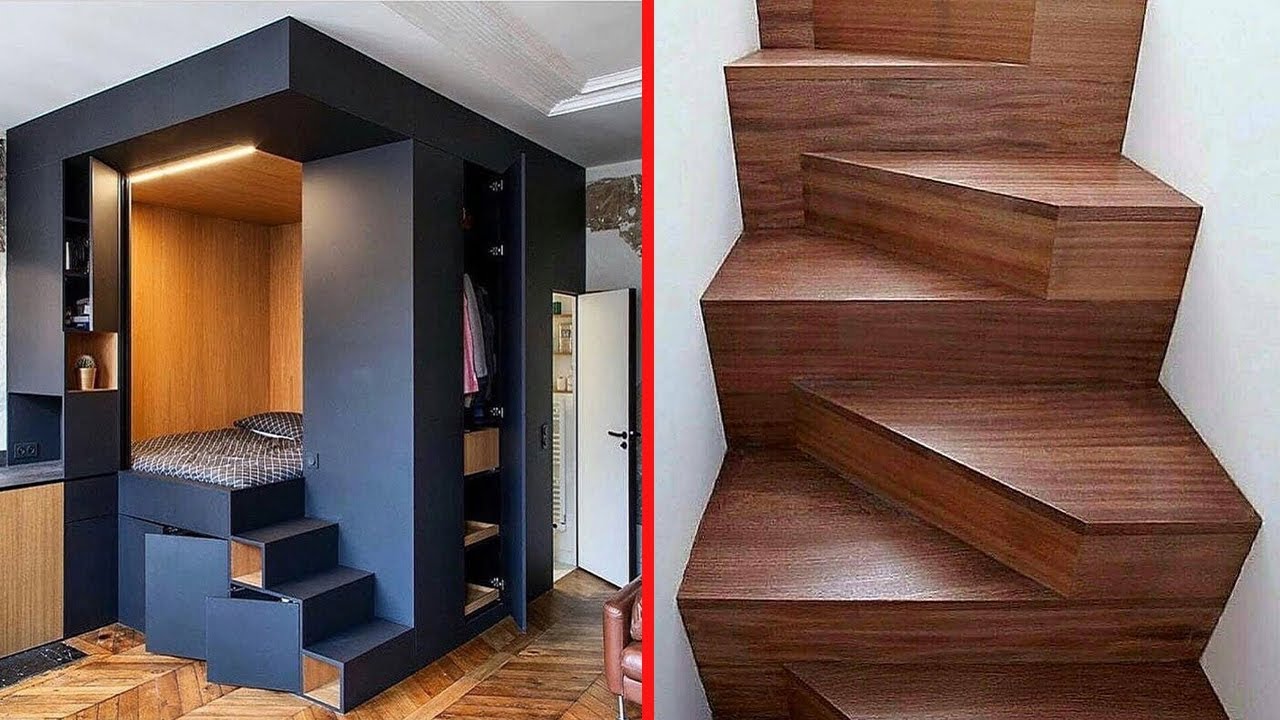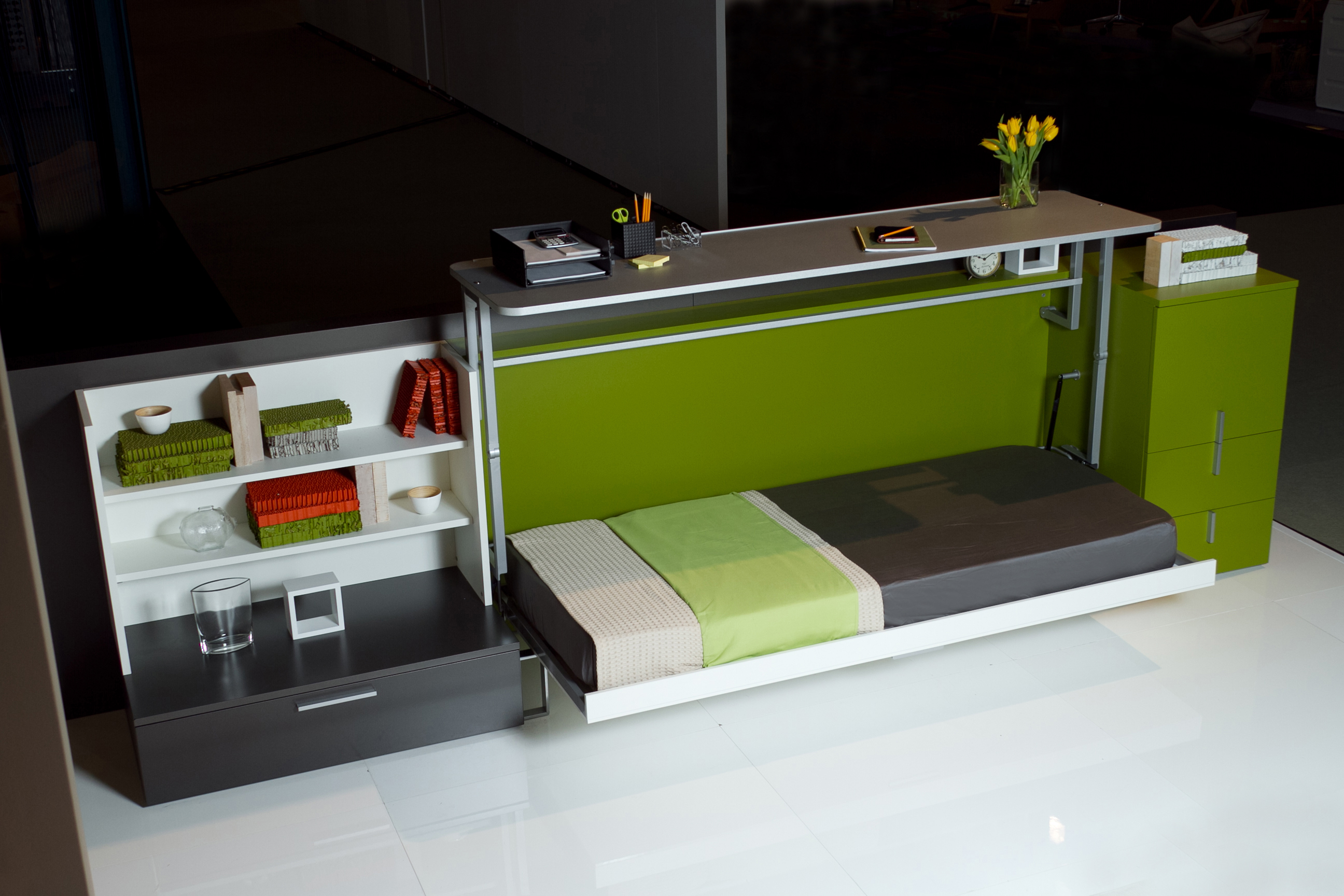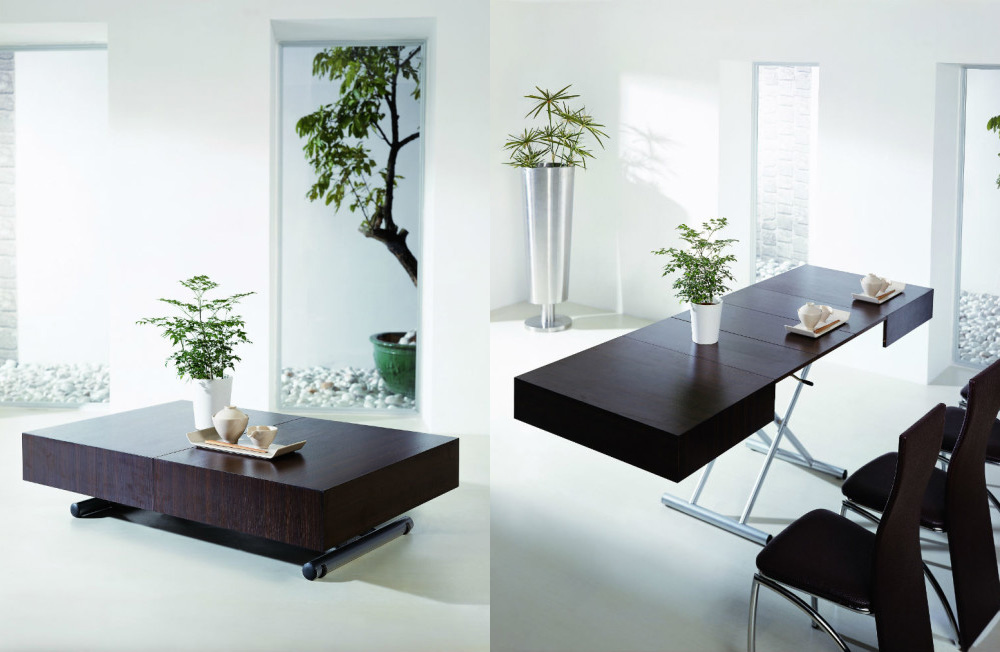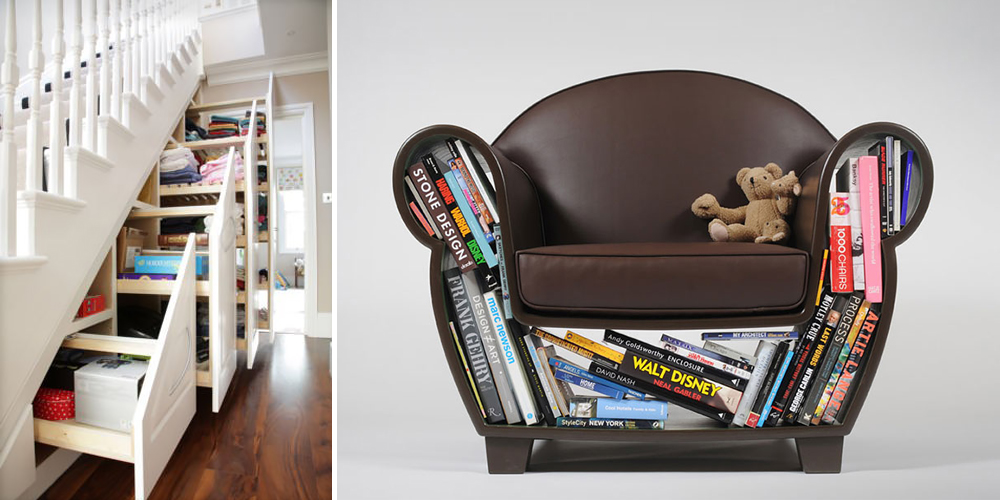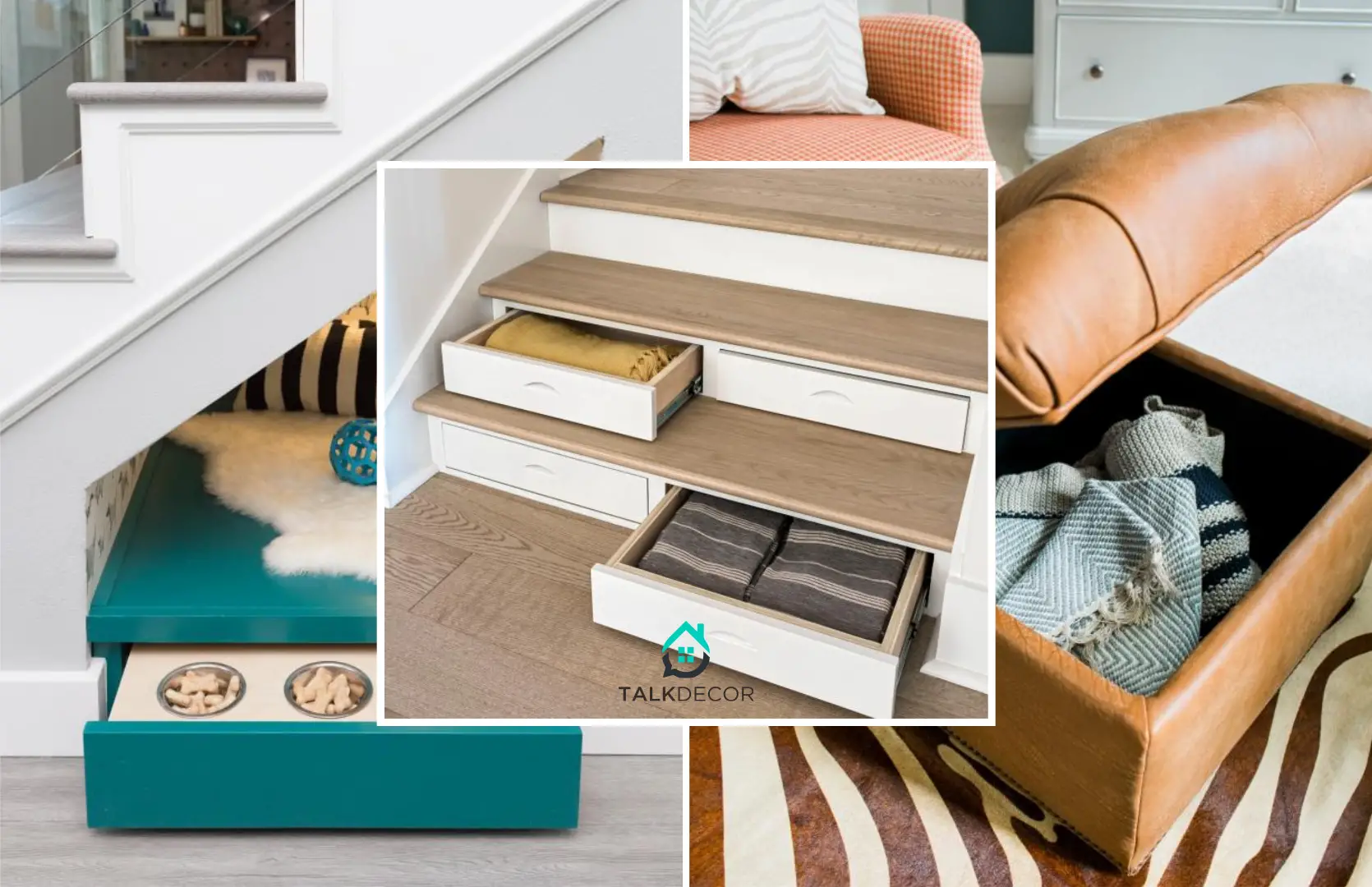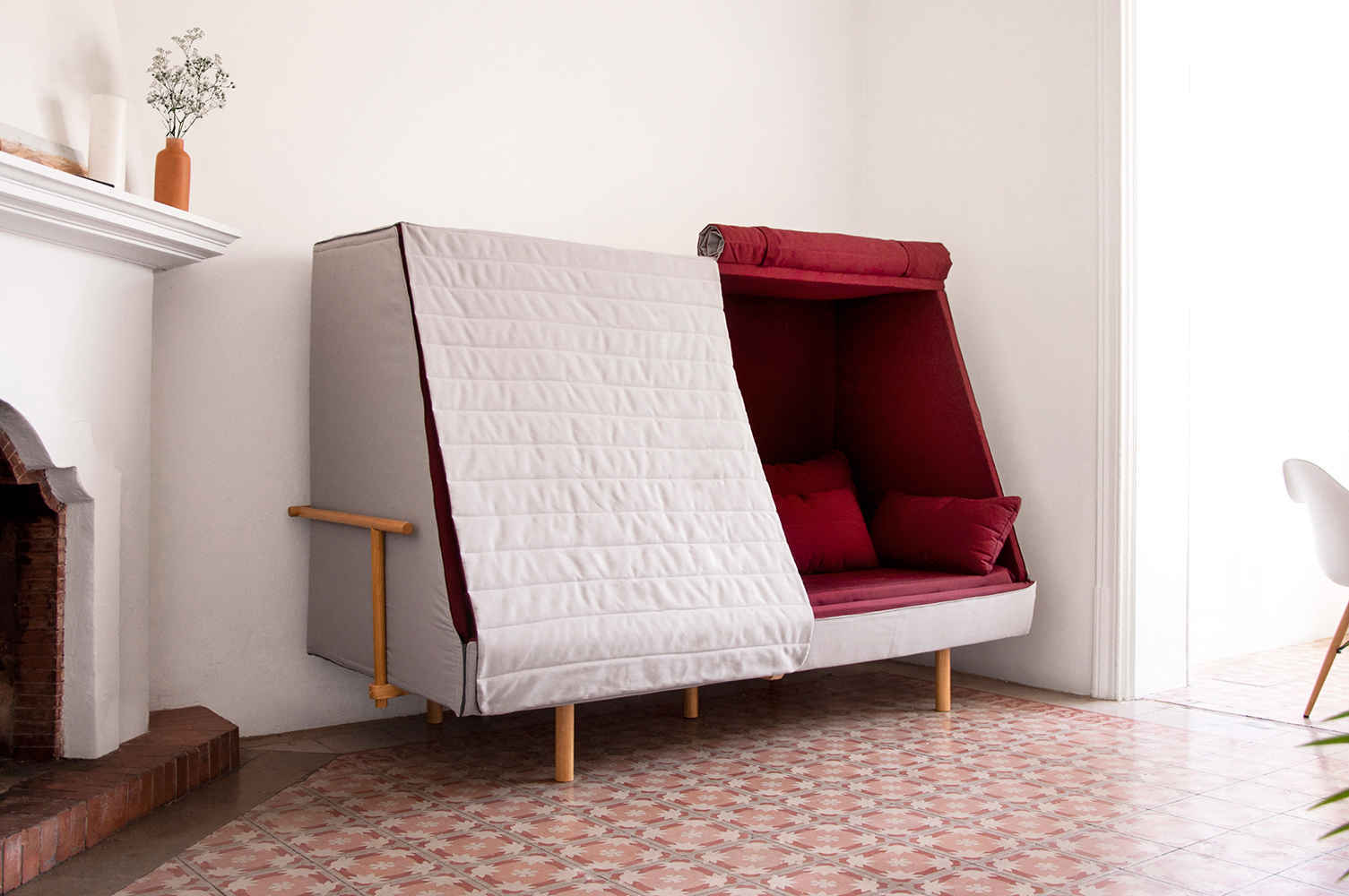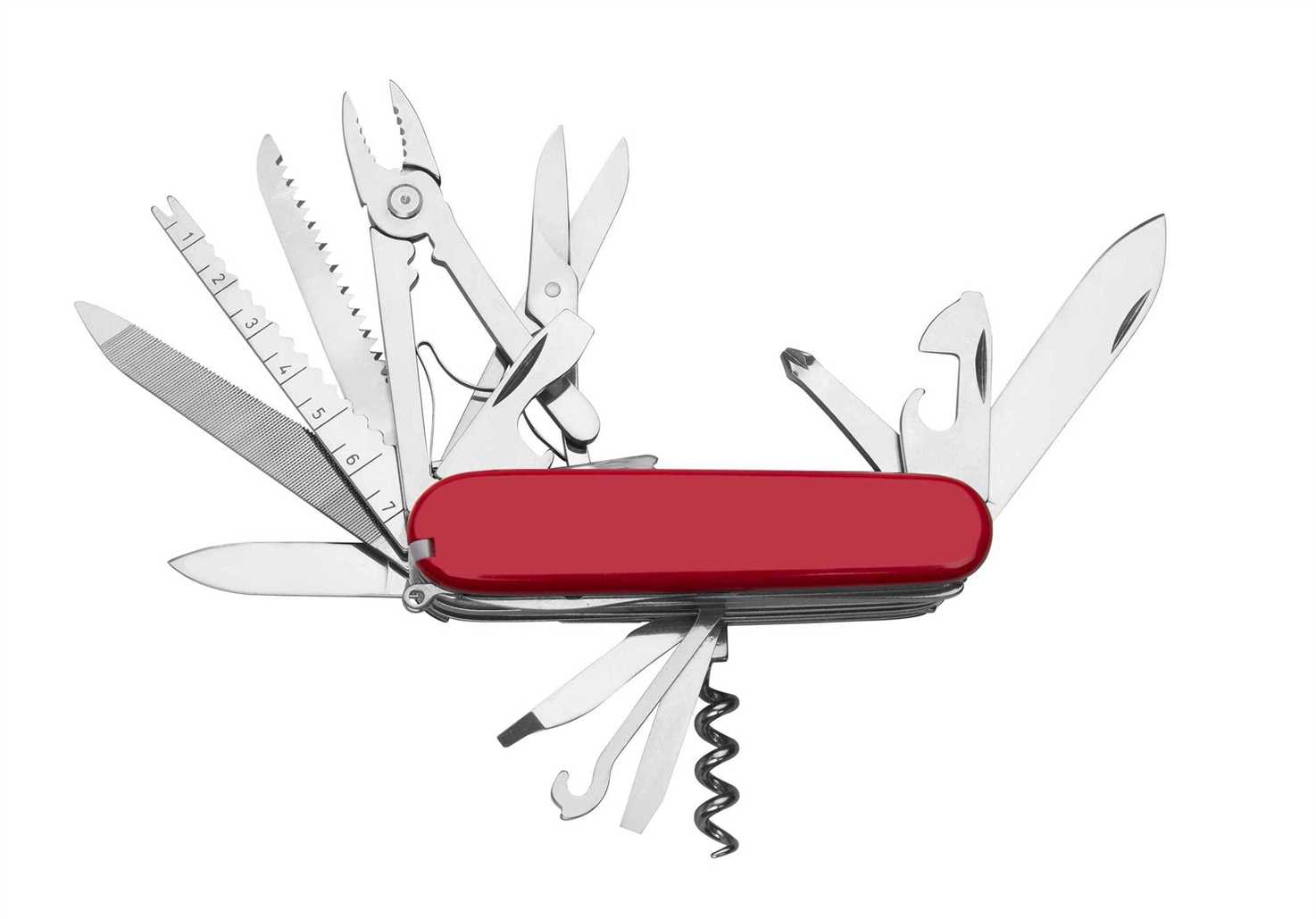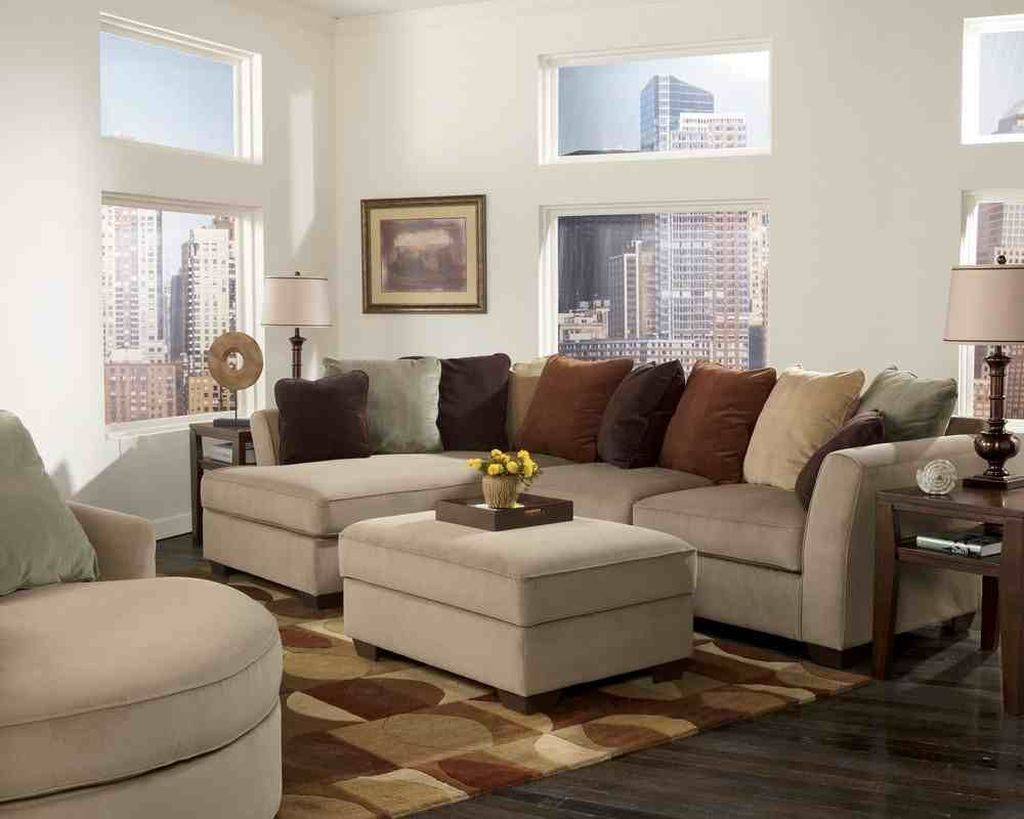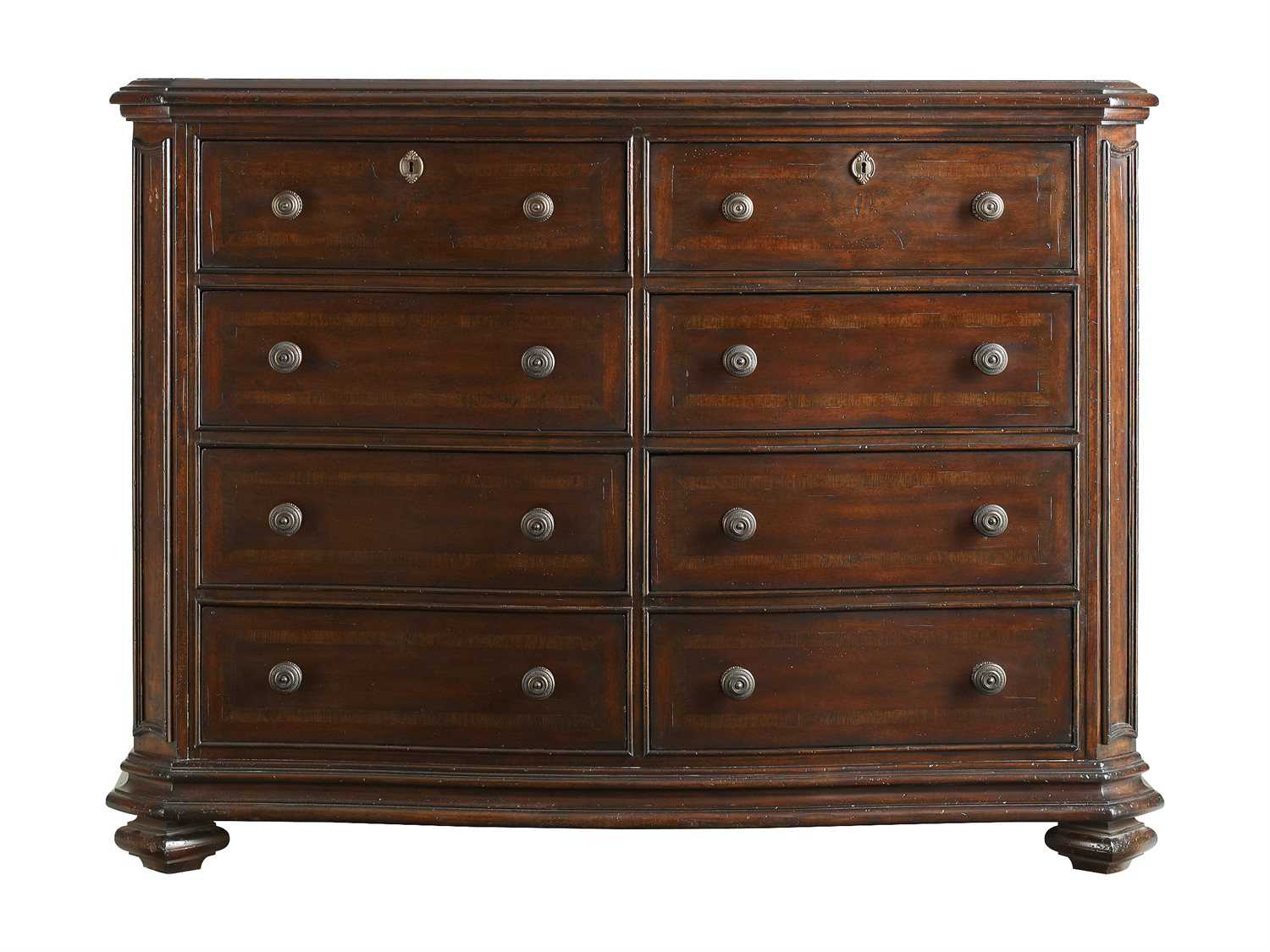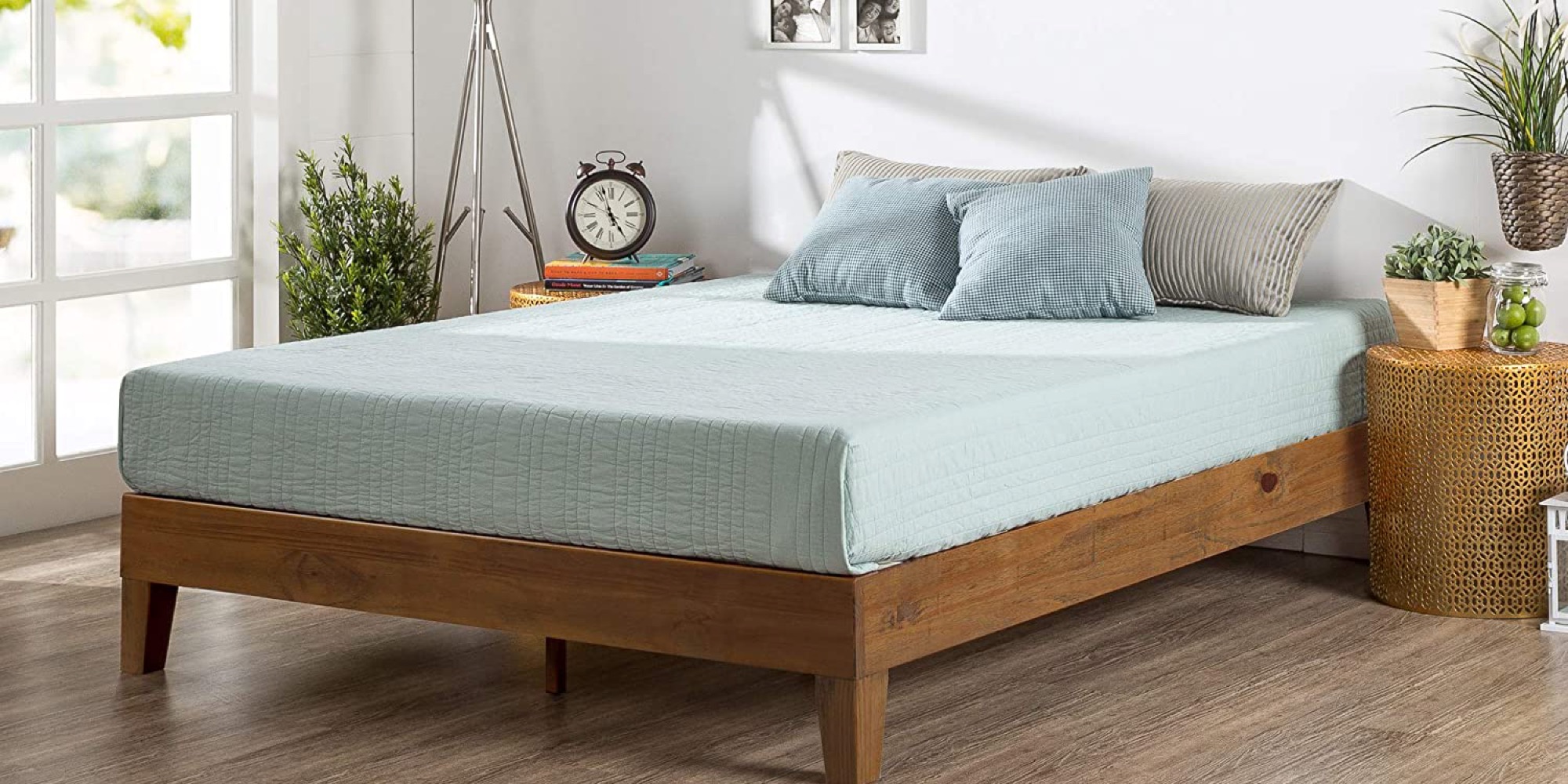When it comes to choosing furniture for your home, two popular options that often come to mind are futons and sofa beds. While both serve as functional and stylish pieces, they have some key differences that set them apart. In this article, we'll dive into the top 10 main differences between a futon and sofa bed, helping you make an informed decision on which one is right for your space.Futon vs Sofa Bed: Understanding the Main Differences
The futon originated in Japan and has been used as a sleeping surface for centuries. It consists of a thin mattress that can be folded and stored away, making it a space-saving solution for small living spaces. Similarities: The futon and sofa bed both serve as a sleeping surface and can be converted into a couch.1. Futon: A Japanese-Inspired Design
On the other hand, the sofa bed is a modern twist on the traditional fold-out couch. It typically features a thicker mattress and a more sophisticated design, often resembling a regular sofa when not in use as a bed. Design: While futons tend to have a more simplistic design, sofa beds come in a variety of styles and can be customized to match your home's aesthetic.2. Sofa Bed: A Modern Take on a Traditional Design
When it comes to functionality, the futon and sofa bed differ in their ease of use. Futons are simple to fold and unfold, making them a great option for those looking for a quick and easy solution for unexpected guests. Sofa beds, on the other hand, may require more effort to convert from a couch to a bed. Space-Saving: Both futons and sofa beds serve as space-saving solutions for small living spaces, but futons may be more convenient for daily use due to their easy conversion process.3. Functionality: Futons for Simplicity, Sofa Beds for Convenience
One of the main differences between a futon and sofa bed is the thickness of the mattress. Futons typically have a thin mattress, which may not provide as much comfort as a sofa bed's thicker mattress. However, some futons come with the option to add a mattress topper for added comfort. Comfort: If comfort is a top priority, a sofa bed may be the better option due to its thicker mattress.4. Comfort: Thicker Mattress vs Thin Mattress
Due to their simple design, futons are often used in multi-functional spaces such as home offices or spare rooms. They can easily be converted into a bed for guests, then folded away to create more space for other activities. Versatility: If you have a multi-functional space in your home, a futon may be the more versatile option.5. Versatility: Futons for Multi-Functional Spaces
Another main difference between a futon and sofa bed is the frame structure. Futons typically have a wooden or metal frame that folds in half, while sofa beds have a more complex frame with a pull-out mechanism for the mattress. Support: Depending on the quality of the frame, both futons and sofa beds can provide ample support for a good night's sleep.6. Support: Difference in Frame Structure
When it comes to maintenance, futons may have the upper hand. The mattress can easily be removed for cleaning or replacement, while sofa beds may have a more complex structure that makes it difficult to clean or replace the mattress. Maintenance: If you're looking for a low-maintenance option, a futon may be the better choice.7. Maintenance: Futons for Easy Cleaning
In terms of cost, futons tend to be more budget-friendly than sofa beds. This is due to their simpler design and often lower quality materials. Cost: If you're on a budget, a futon may be the more cost-effective option.8. Cost: Futons for Budget-Friendly Options
While futons may be more budget-friendly, sofa beds tend to be more durable in the long run. With proper care, a sofa bed can last for many years, while a futon may need to be replaced more frequently. Durability: If you're looking for a long-term investment, a sofa bed may be the better choice.9. Durability: Sofa Beds for Long-Term Use
Additional Differences Between a Futon and Sofa Bed

Size and Space
 One major difference between a futon and a sofa bed is their size and the amount of space they take up. A futon is typically smaller and more compact, making it a great option for smaller living spaces such as apartments or studios. On the other hand, a sofa bed is larger and often takes up more space, making it a better choice for larger living rooms or guest rooms.
One major difference between a futon and a sofa bed is their size and the amount of space they take up. A futon is typically smaller and more compact, making it a great option for smaller living spaces such as apartments or studios. On the other hand, a sofa bed is larger and often takes up more space, making it a better choice for larger living rooms or guest rooms.
Comfort
 When it comes to comfort, the type of mattress used in a futon and sofa bed can make a significant difference. A futon usually has a thinner and firmer mattress, which may not be suitable for those with back problems or those who prefer a softer sleeping surface. A sofa bed, on the other hand, typically has a thicker and more comfortable mattress, making it a better choice for overnight guests who need a comfortable place to sleep.
When it comes to comfort, the type of mattress used in a futon and sofa bed can make a significant difference. A futon usually has a thinner and firmer mattress, which may not be suitable for those with back problems or those who prefer a softer sleeping surface. A sofa bed, on the other hand, typically has a thicker and more comfortable mattress, making it a better choice for overnight guests who need a comfortable place to sleep.
Style and Design
 Another difference between a futon and a sofa bed is their style and design. Futons often have a more simple and modern design, with a foldable frame and a mattress that can be easily converted into a bed. Sofa beds, on the other hand, come in a variety of styles and designs, from traditional to modern, and often have a more permanent and sturdy structure.
Another difference between a futon and a sofa bed is their style and design. Futons often have a more simple and modern design, with a foldable frame and a mattress that can be easily converted into a bed. Sofa beds, on the other hand, come in a variety of styles and designs, from traditional to modern, and often have a more permanent and sturdy structure.
Price
 The price of a futon and sofa bed can also vary significantly. Generally, futons tend to be more affordable compared to sofa beds, making them a great option for those on a budget. However, keep in mind that the quality and comfort level of the mattress may also impact the overall price of both options.
In conclusion
, while both futons and sofa beds serve a similar purpose of providing a comfortable place to sit and sleep, there are some key differences between the two. Consider your space, comfort needs, and design preferences when deciding between a futon and sofa bed for your home. Regardless of which option you choose, both can be a stylish and functional addition to any living space.
The price of a futon and sofa bed can also vary significantly. Generally, futons tend to be more affordable compared to sofa beds, making them a great option for those on a budget. However, keep in mind that the quality and comfort level of the mattress may also impact the overall price of both options.
In conclusion
, while both futons and sofa beds serve a similar purpose of providing a comfortable place to sit and sleep, there are some key differences between the two. Consider your space, comfort needs, and design preferences when deciding between a futon and sofa bed for your home. Regardless of which option you choose, both can be a stylish and functional addition to any living space.
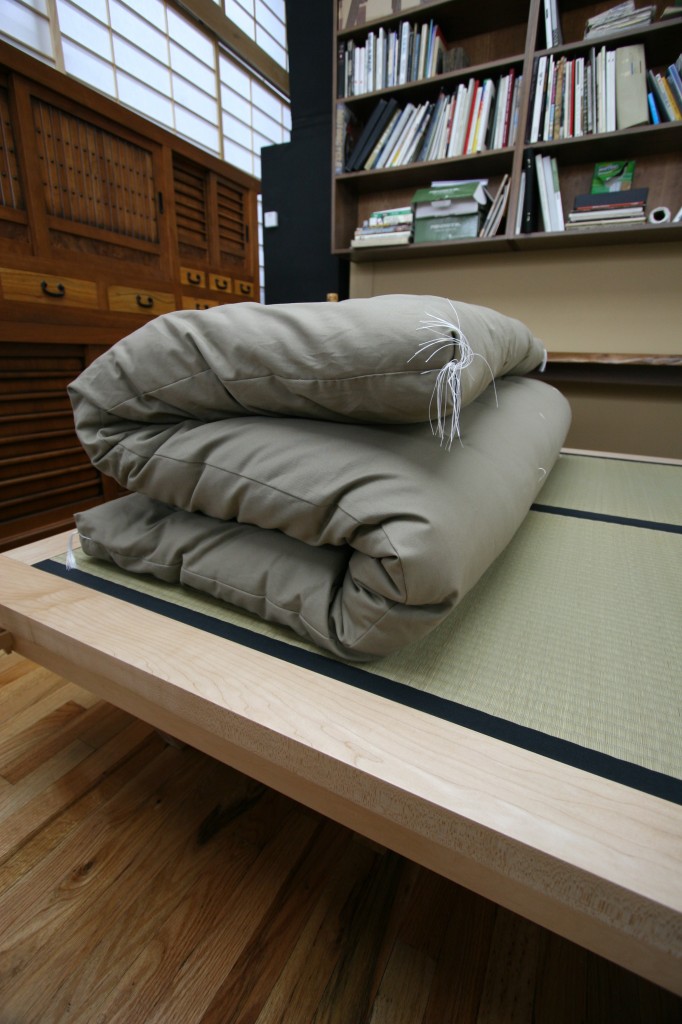
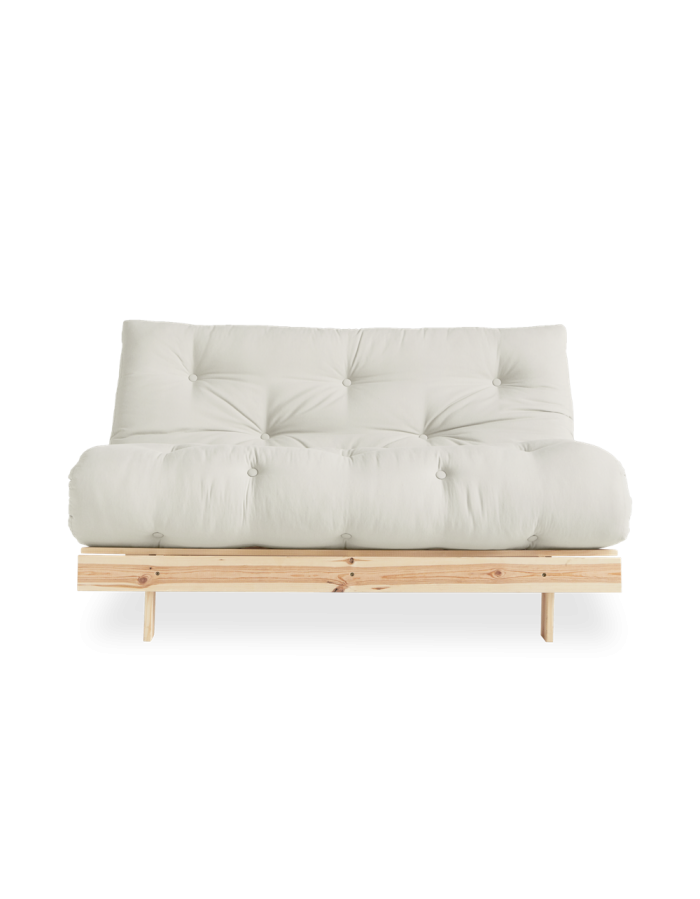


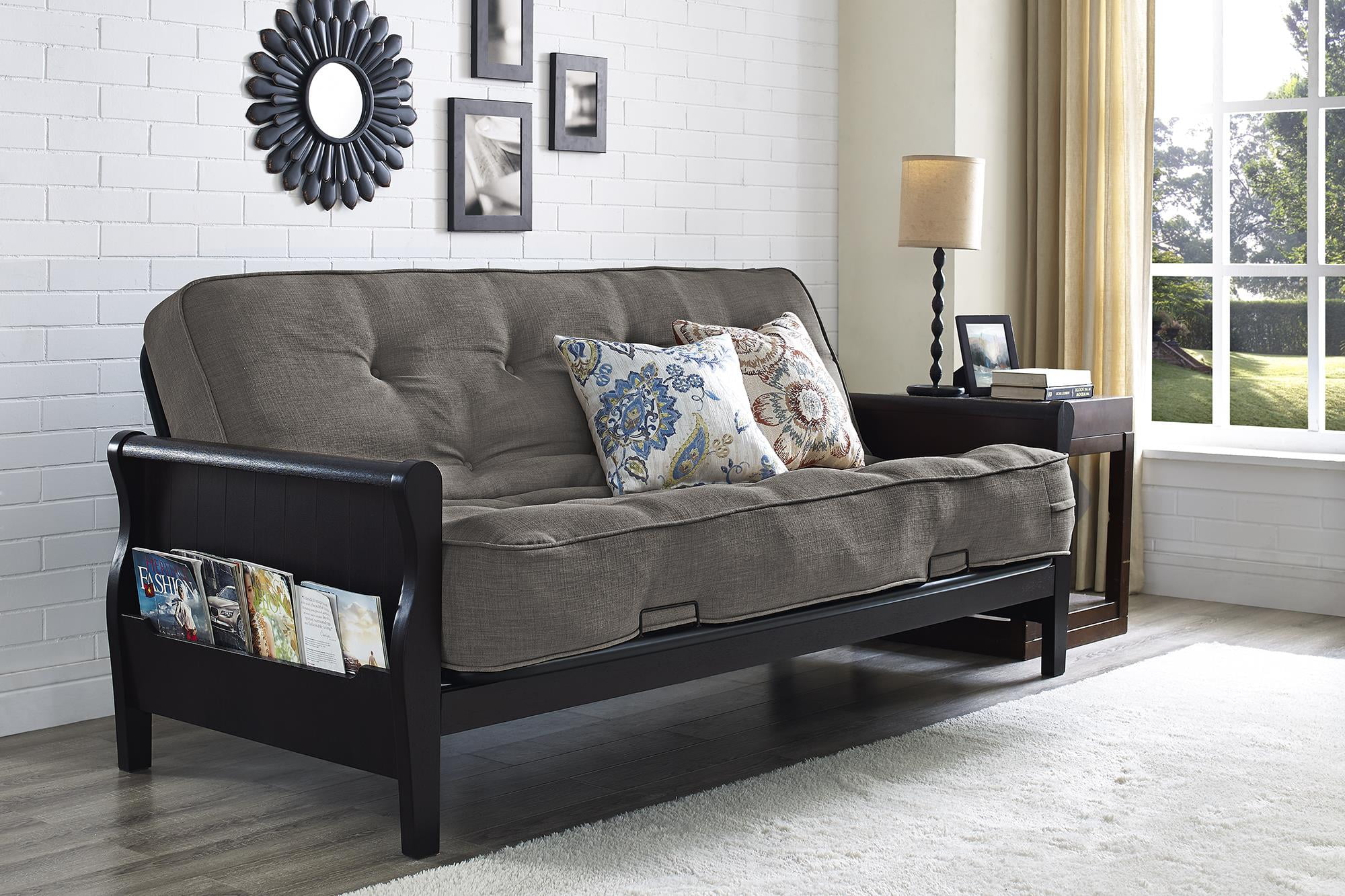
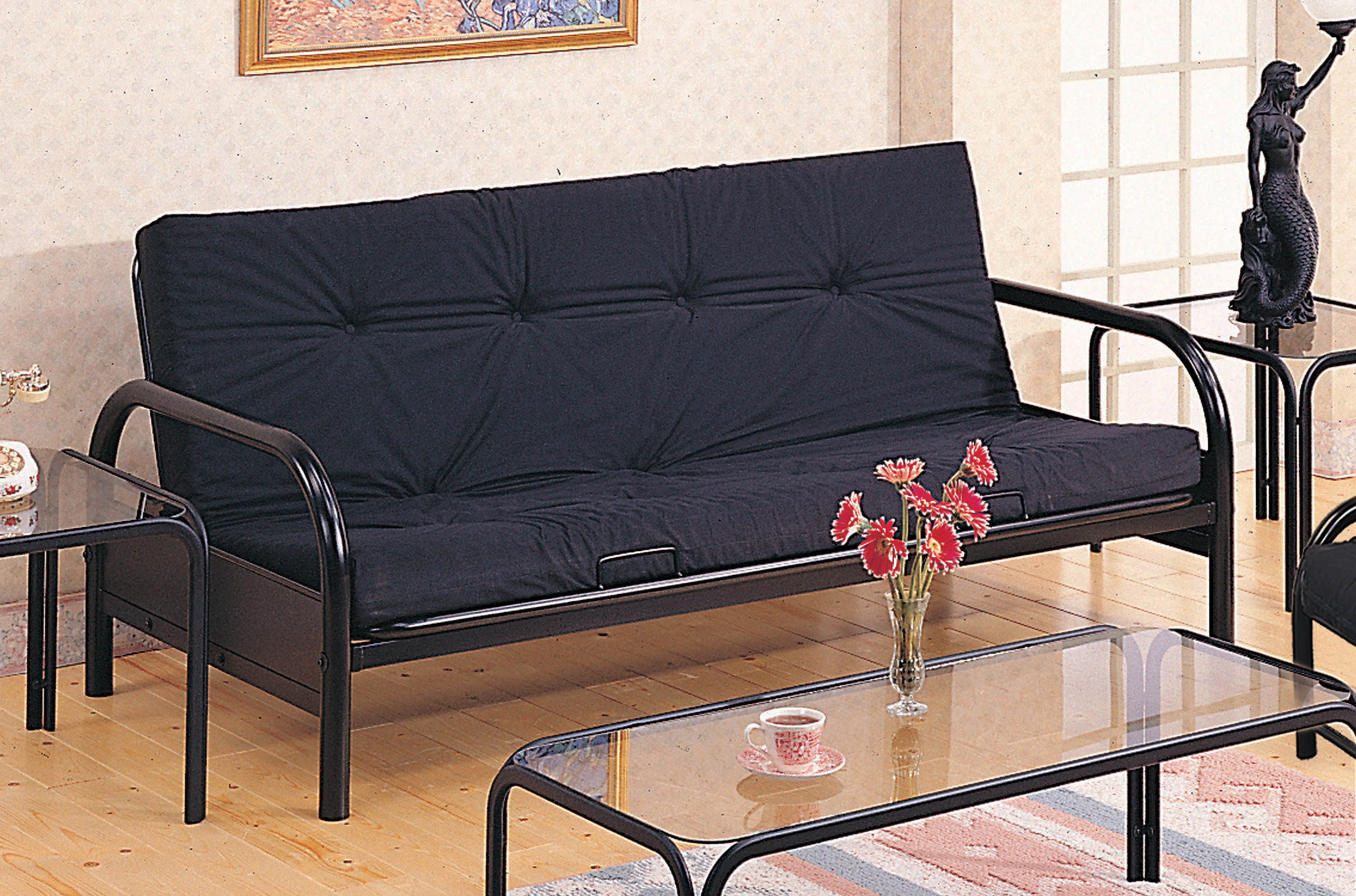

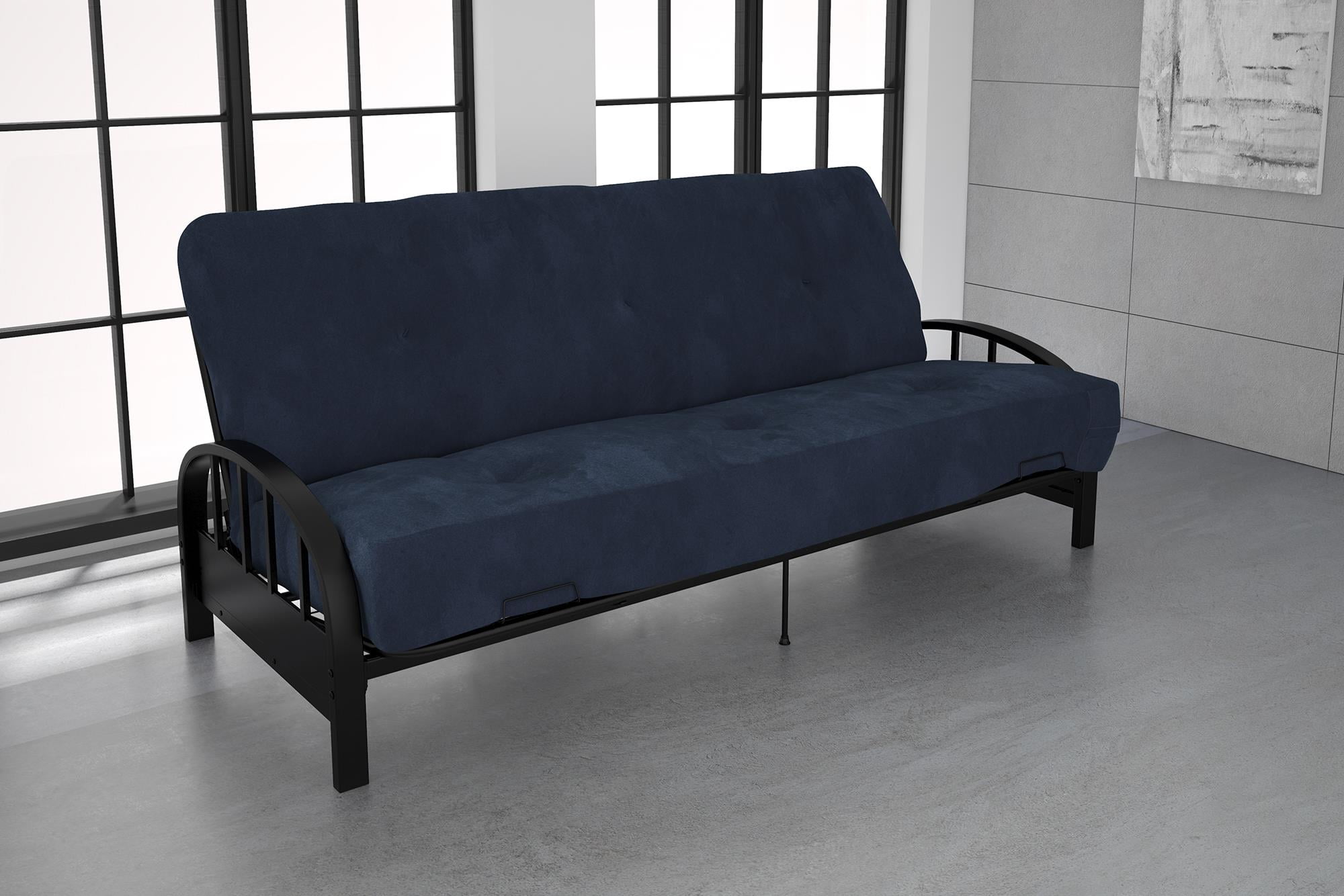
:max_bytes(150000):strip_icc()/Porch-Den-DeSoto-Hardwood-Suede-Queen-Size-Futon-Sofa-Bed-e1e117db-7ed1-443e-b60f-98876730014c-3ea03957bf6c4feeab8aadcdaeaf61c5.jpg)
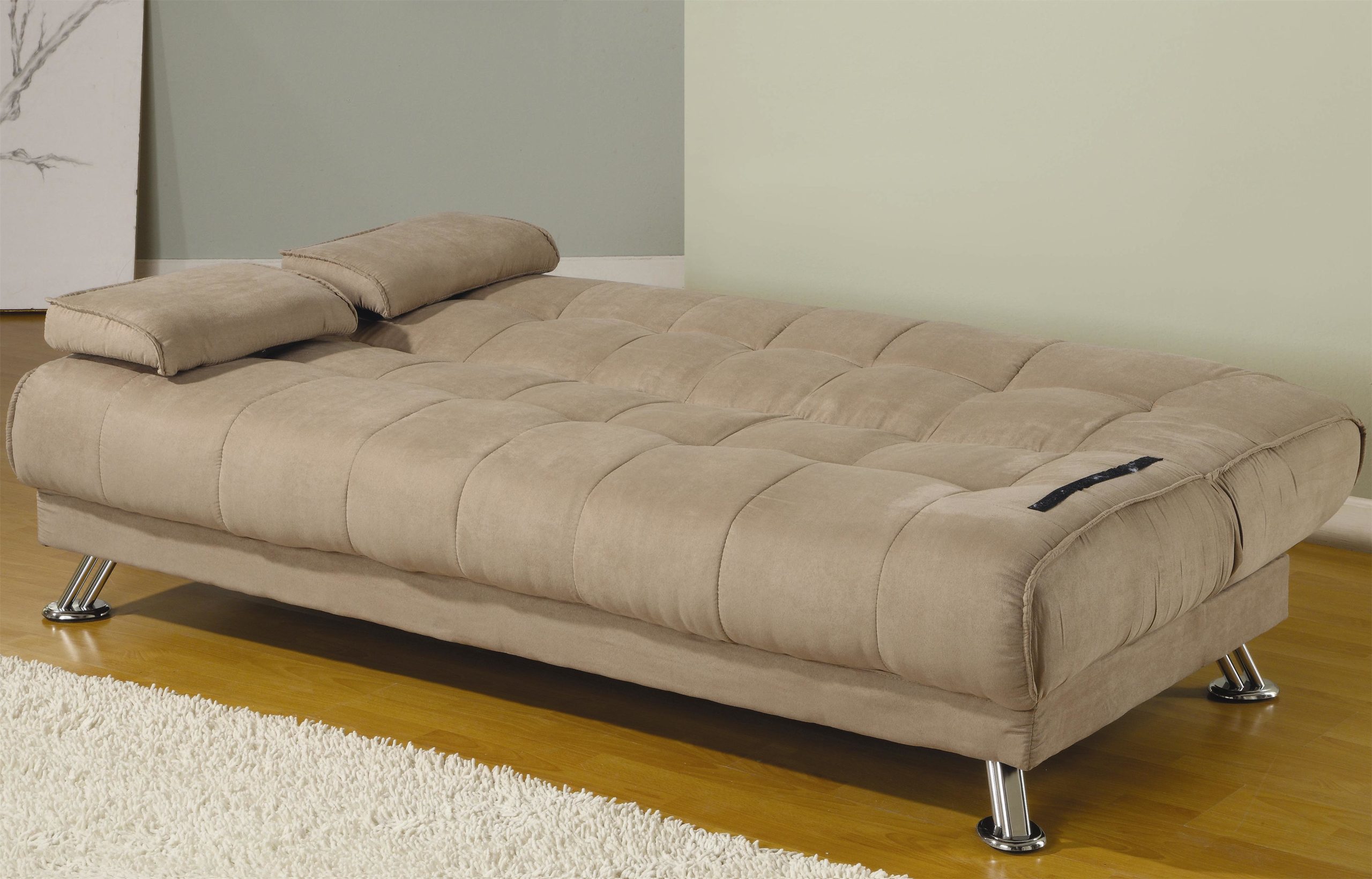


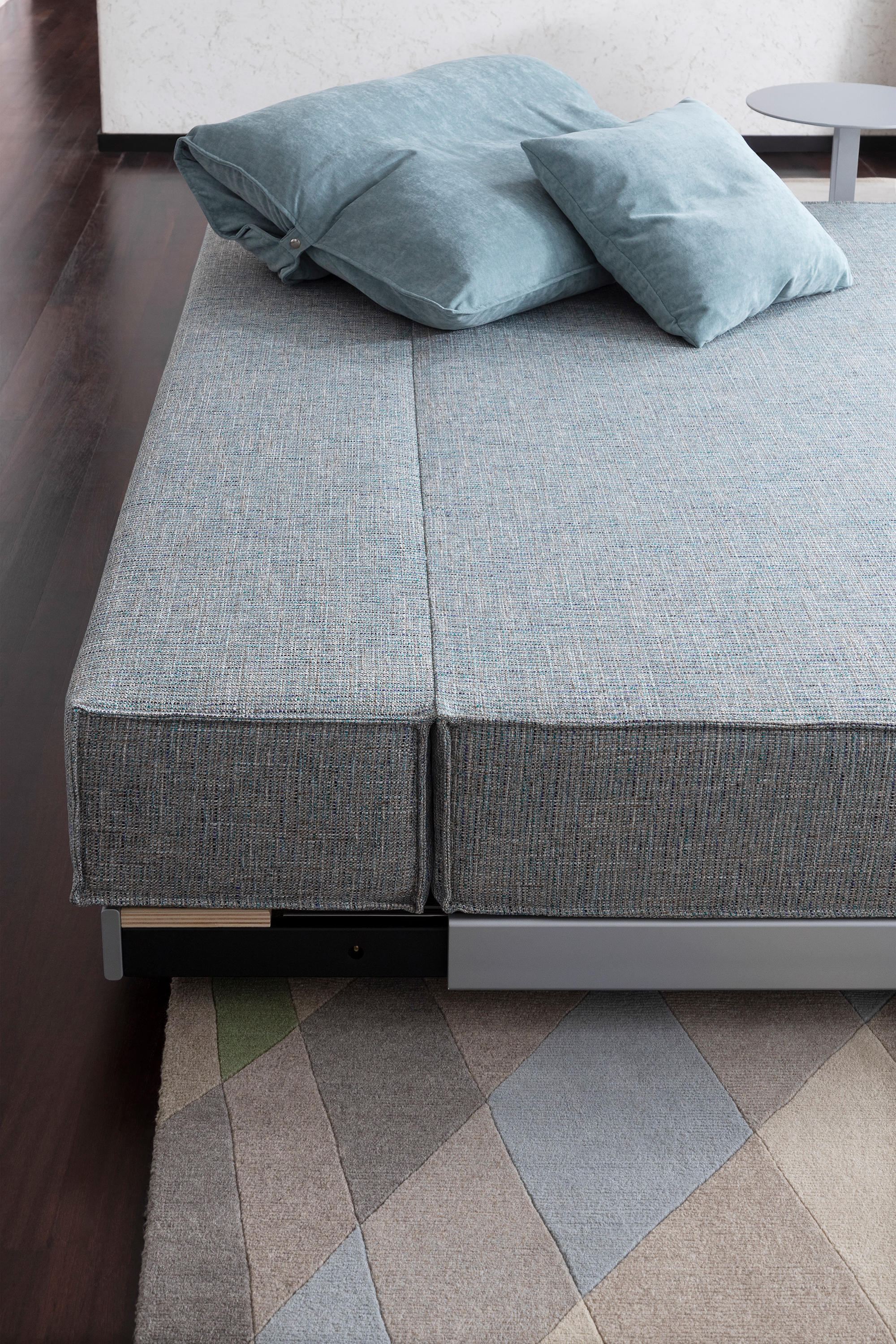
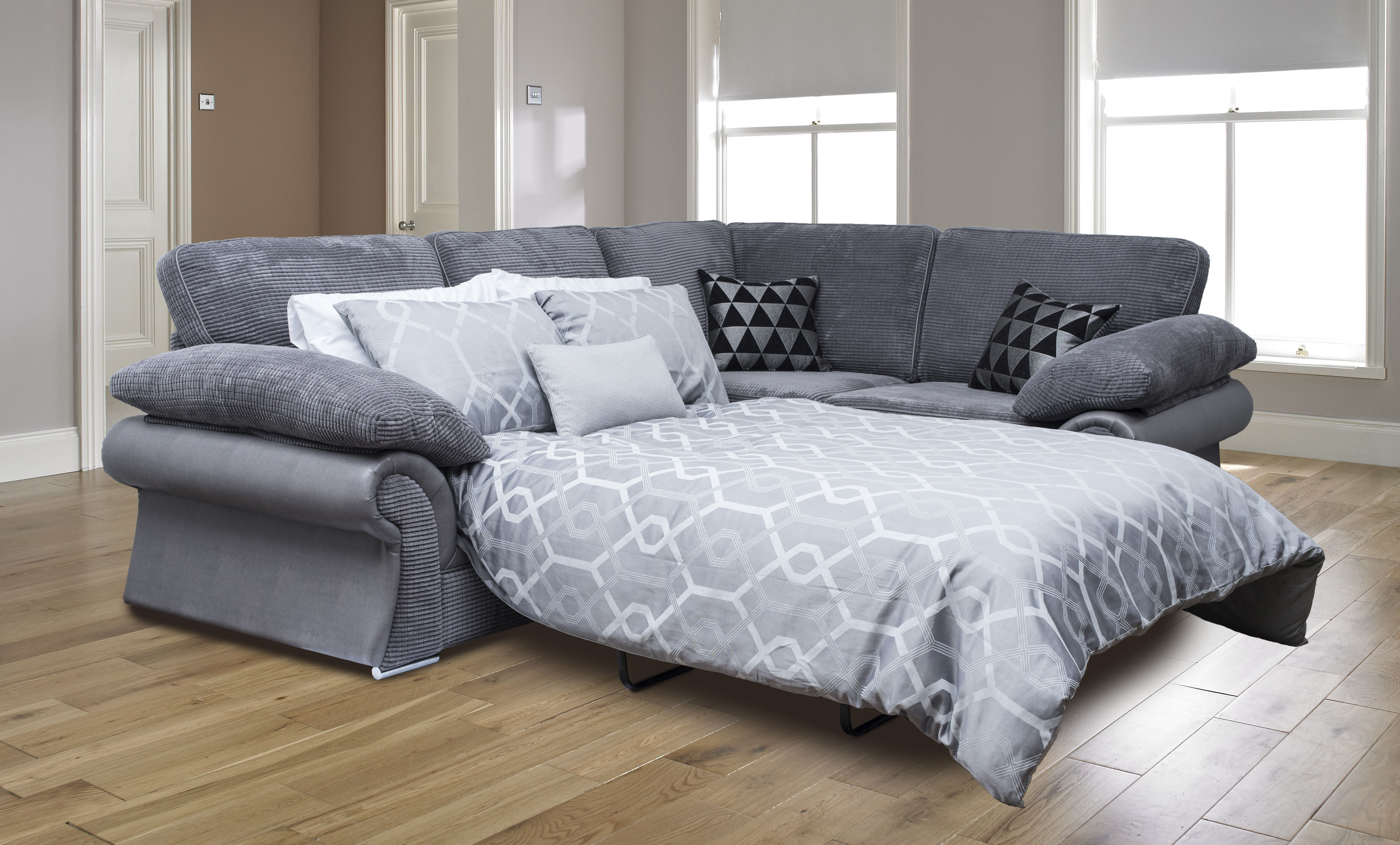
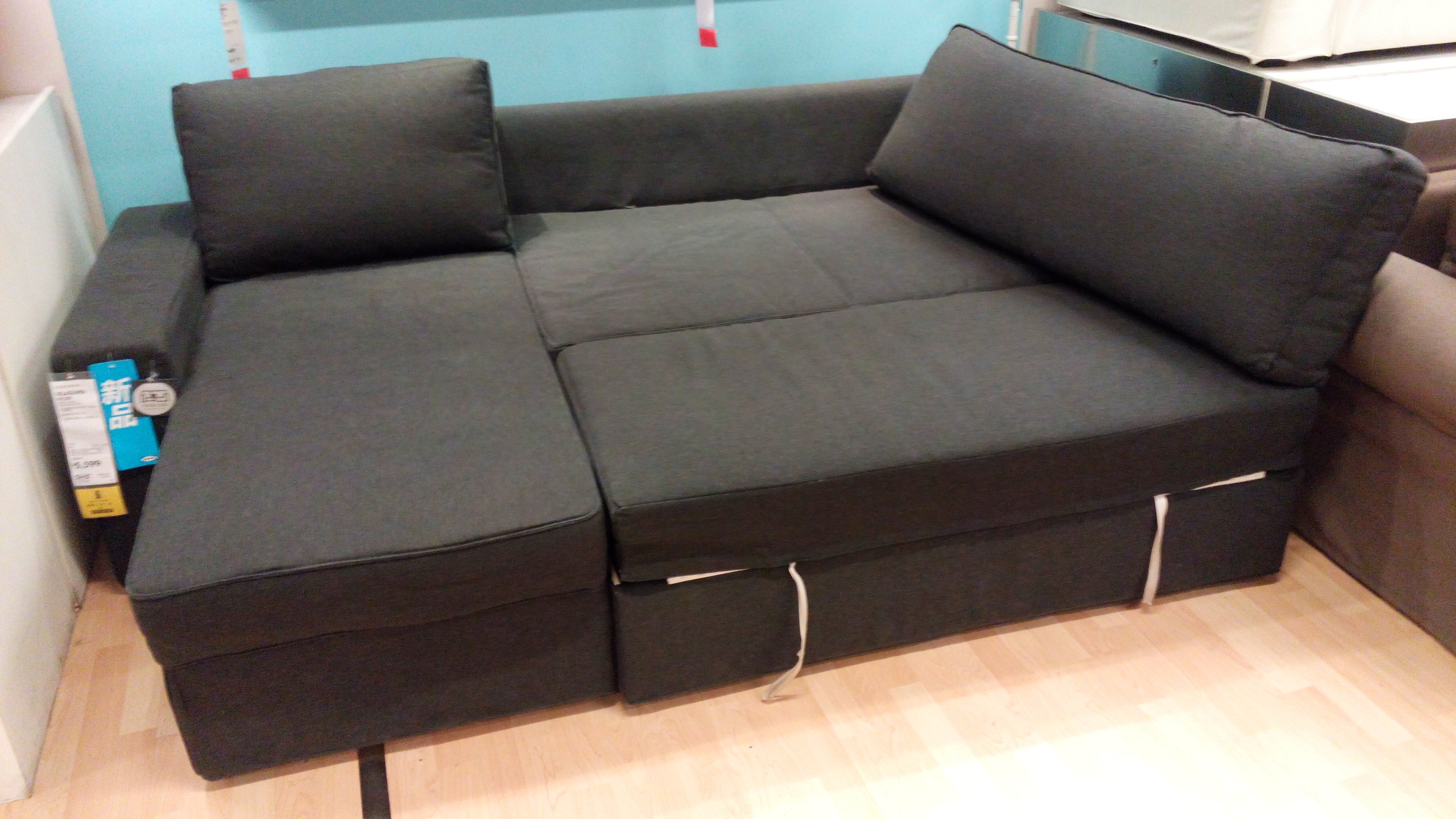


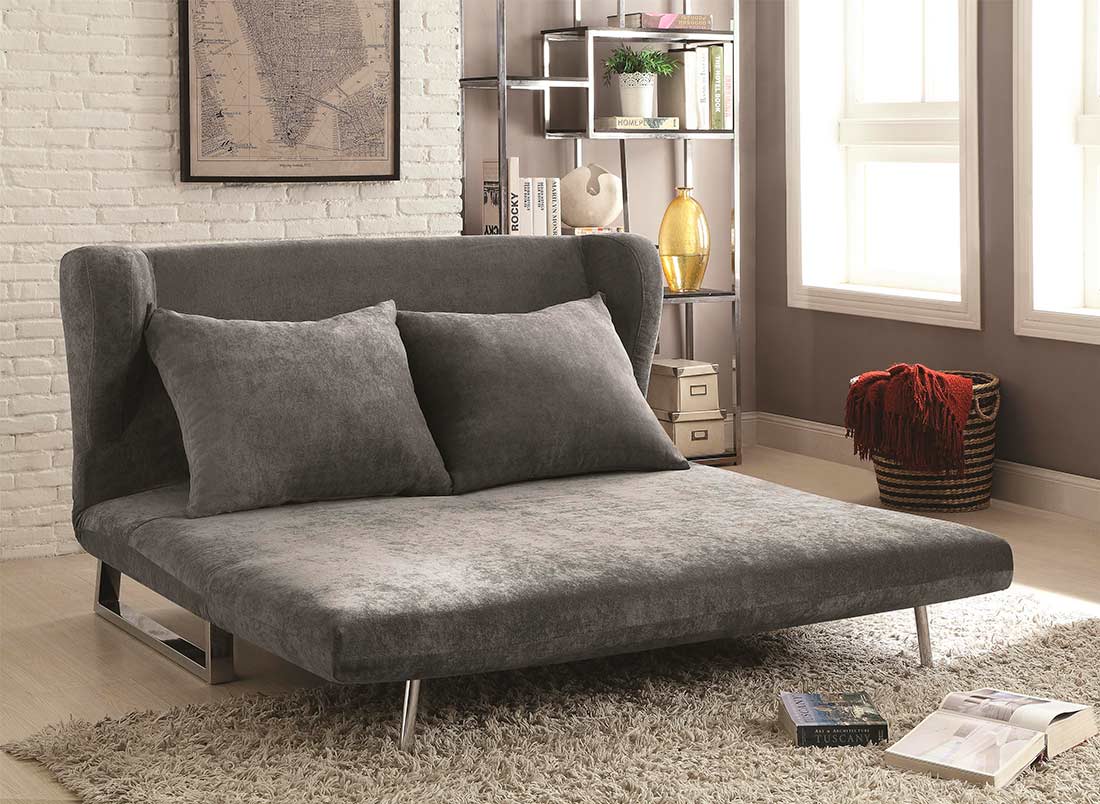
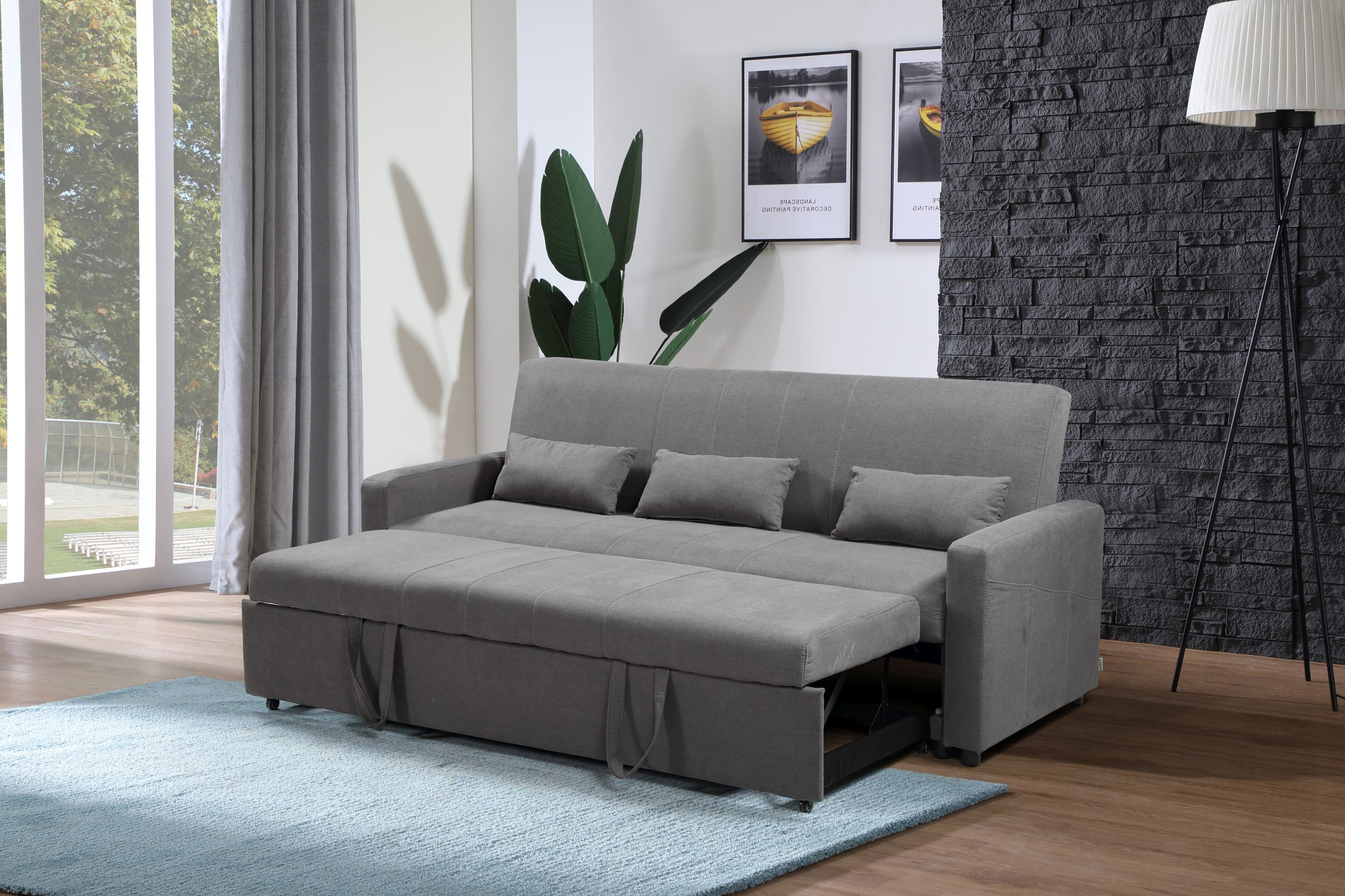

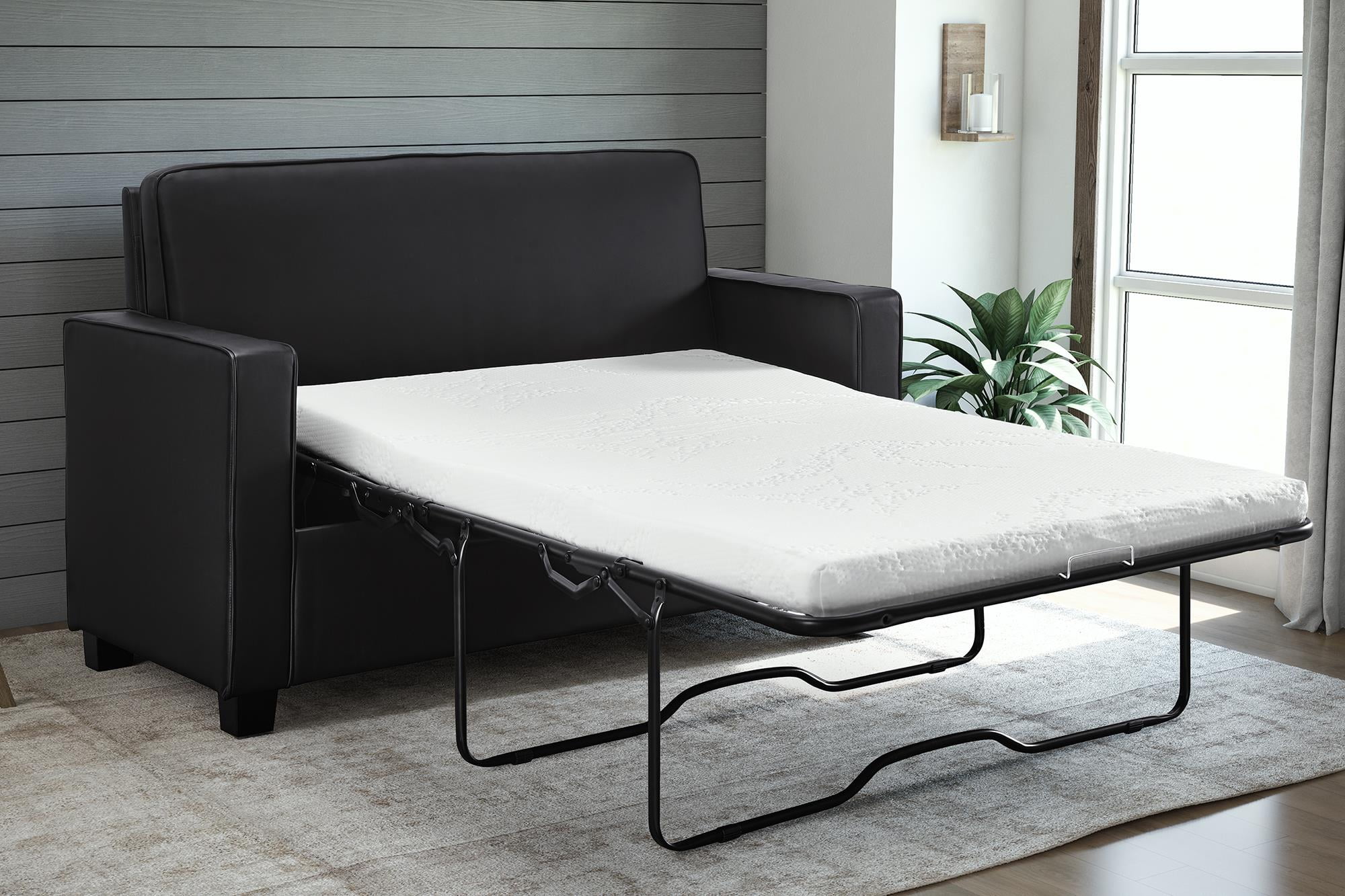








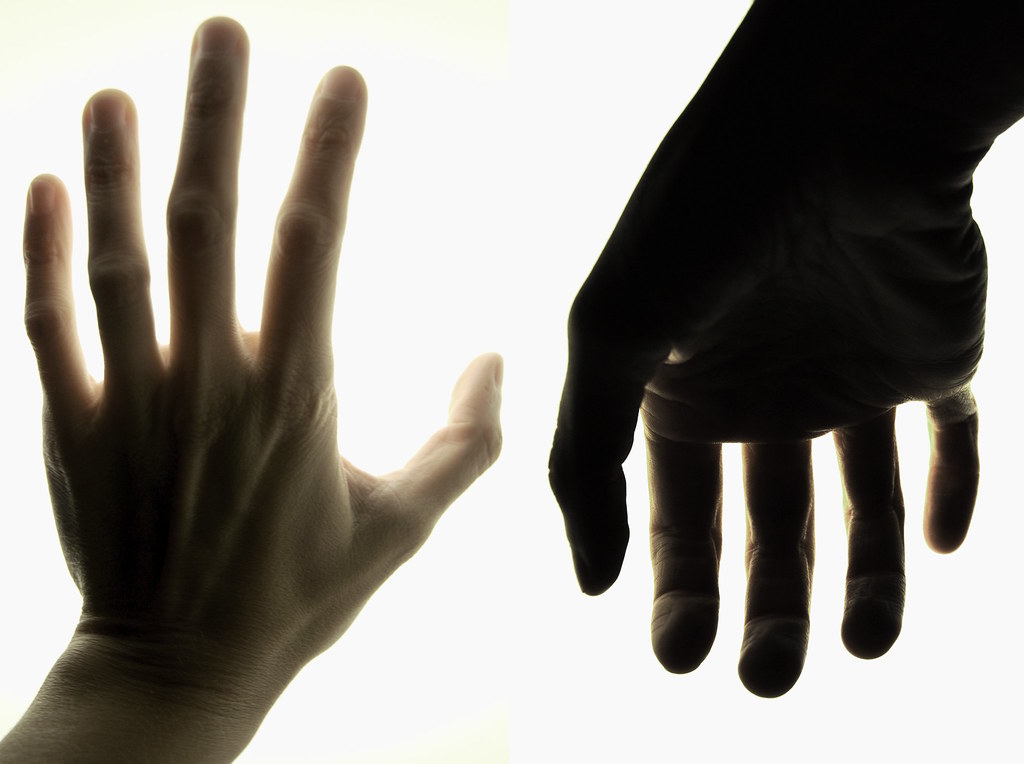







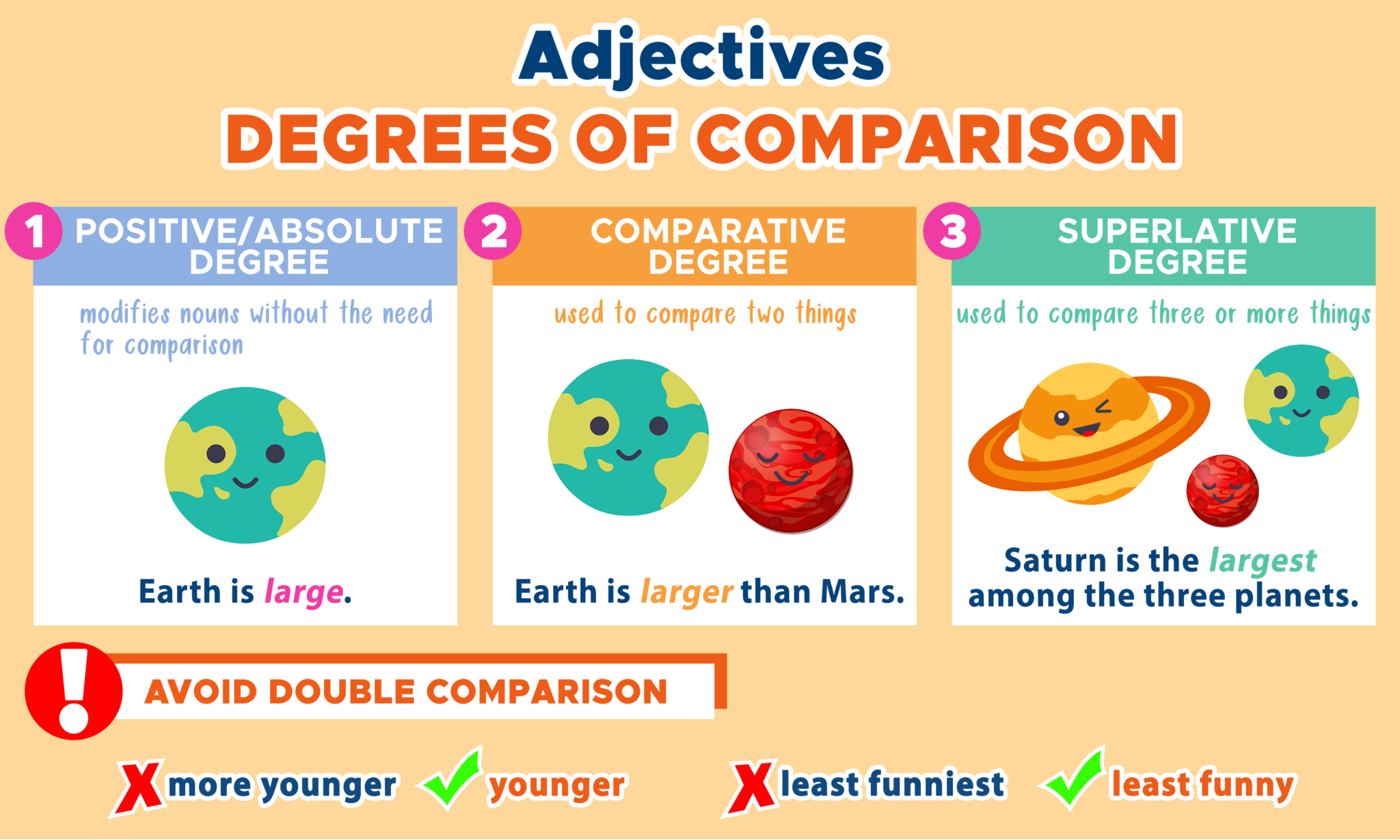
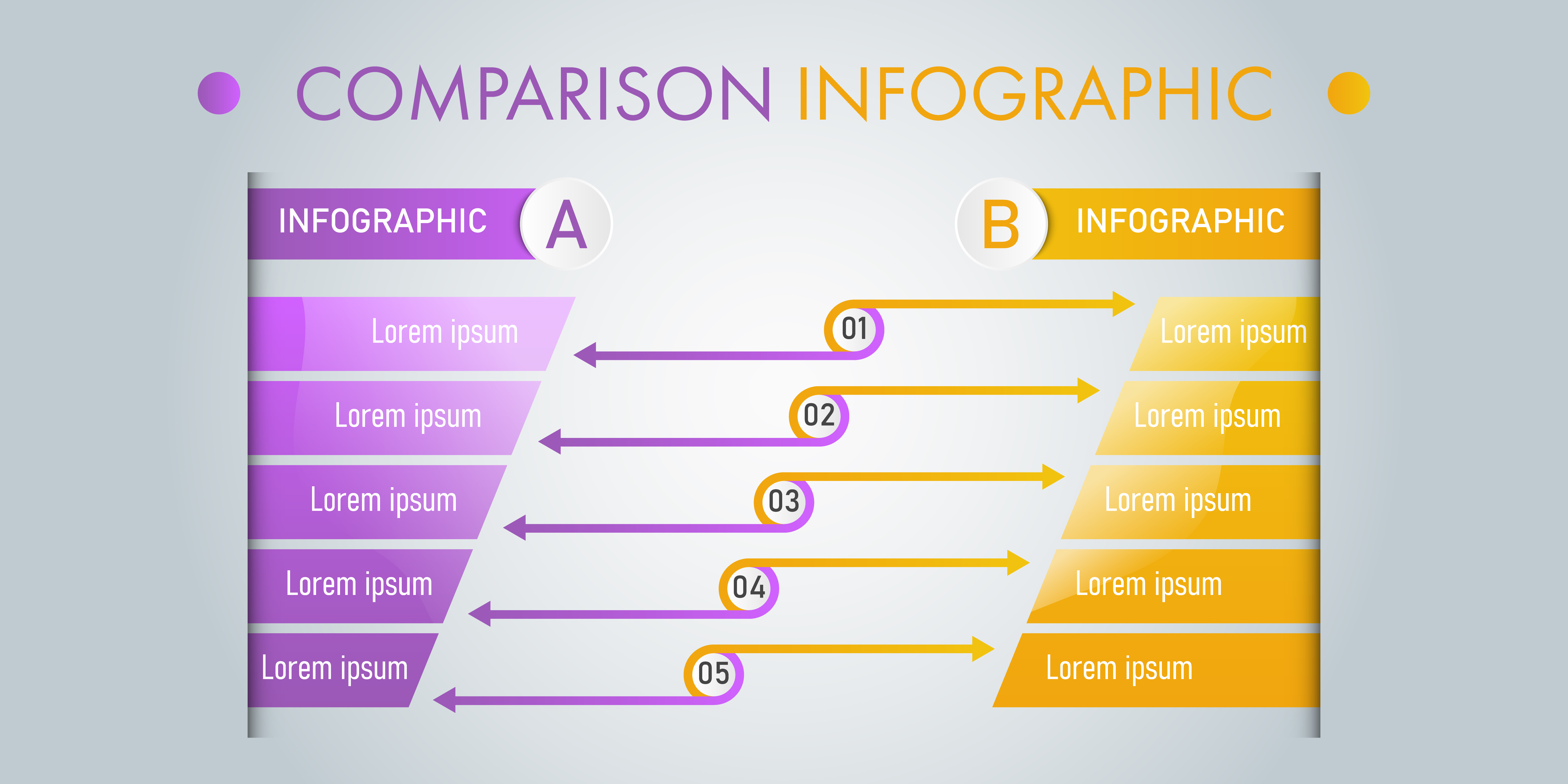



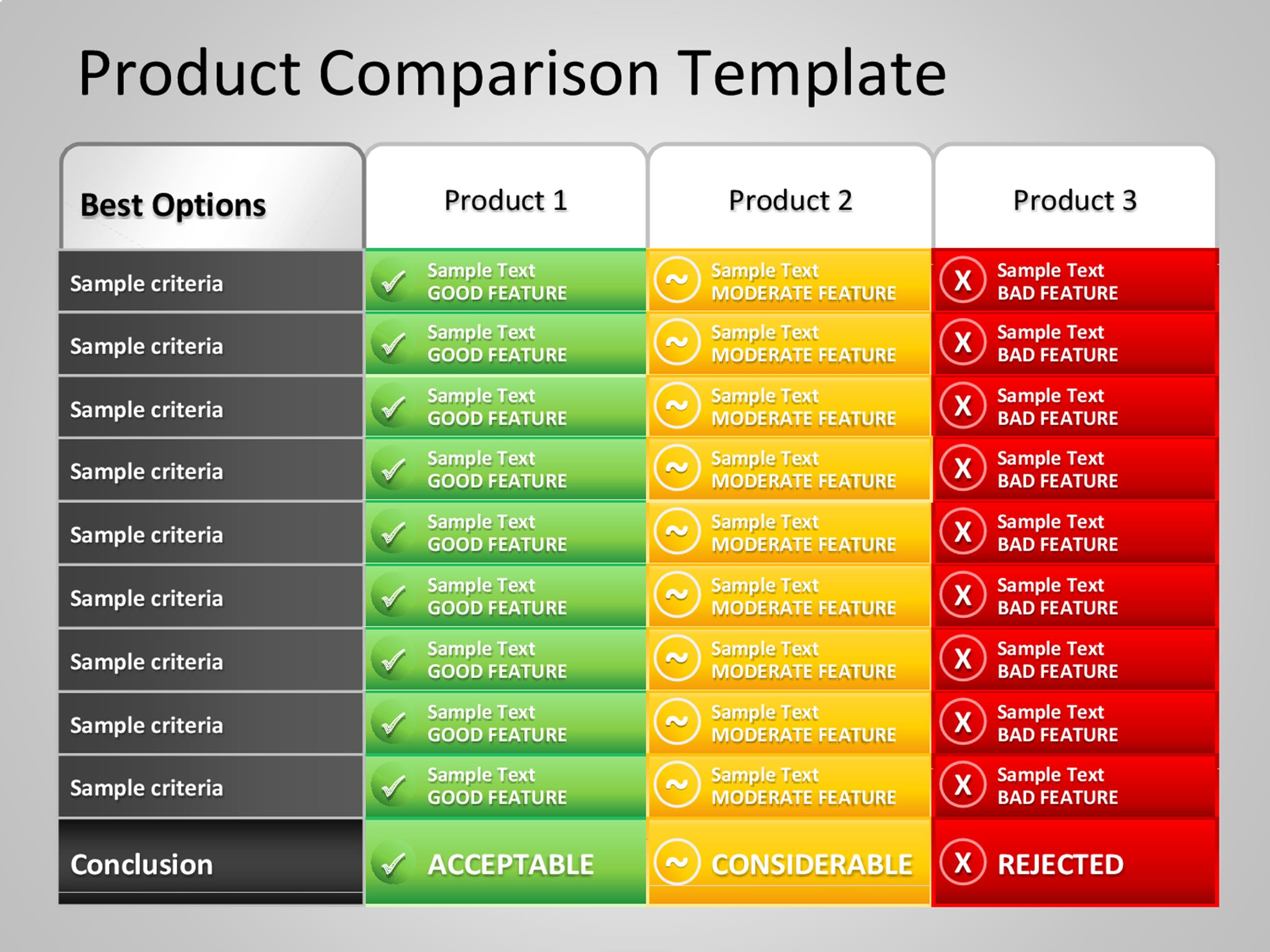


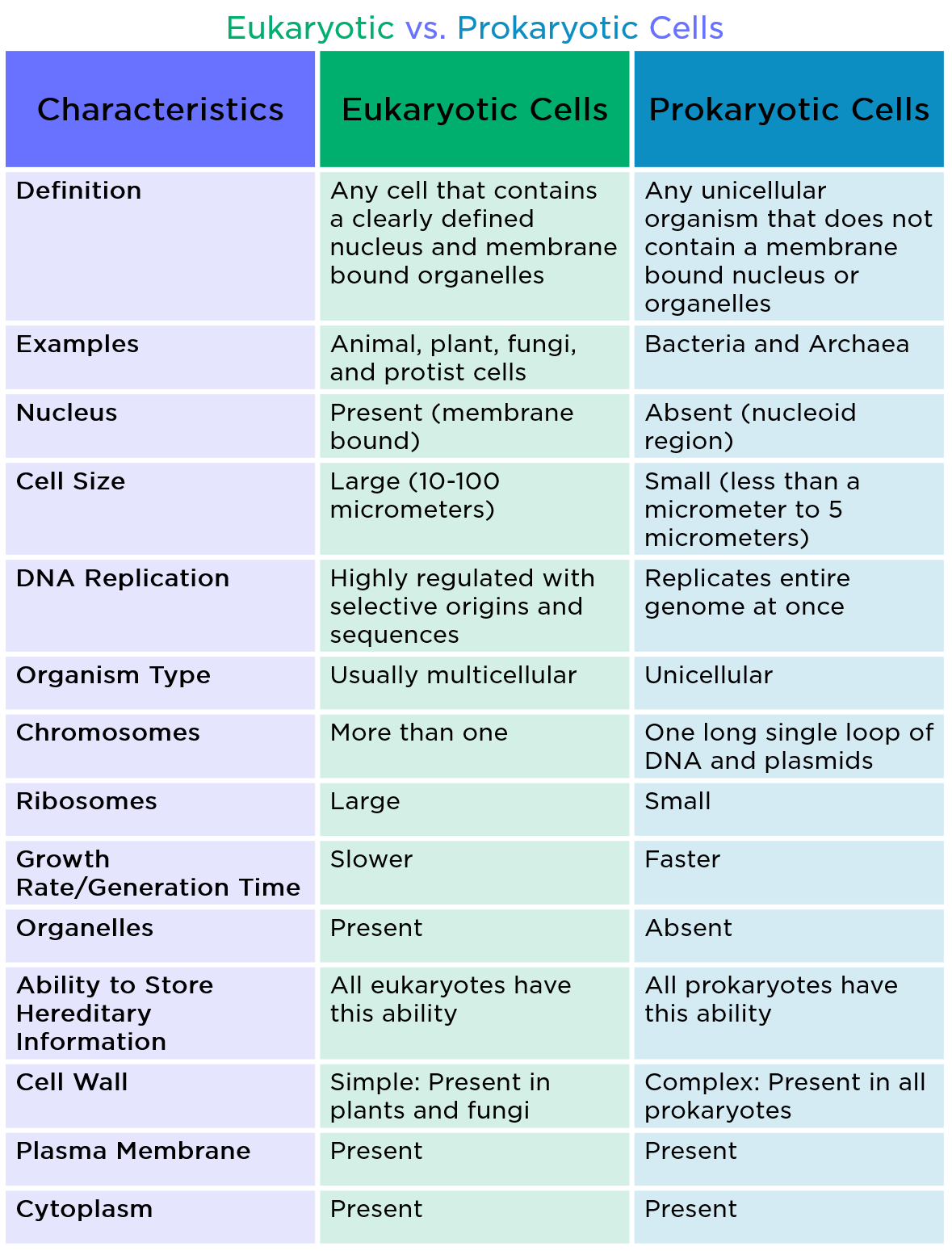




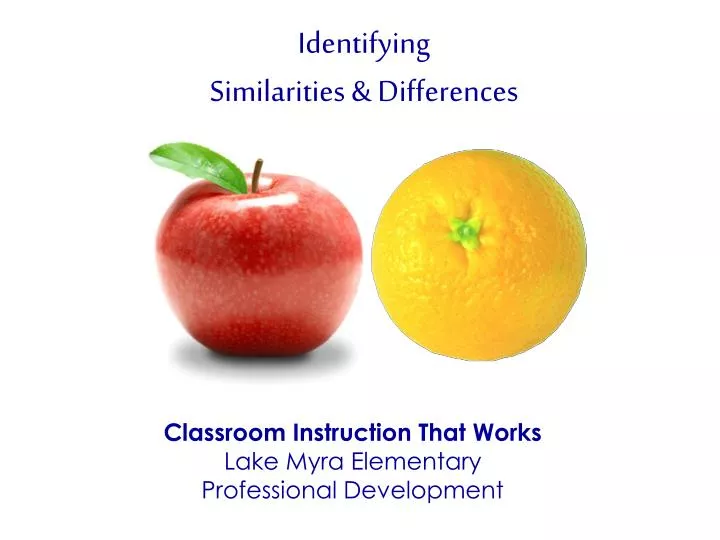
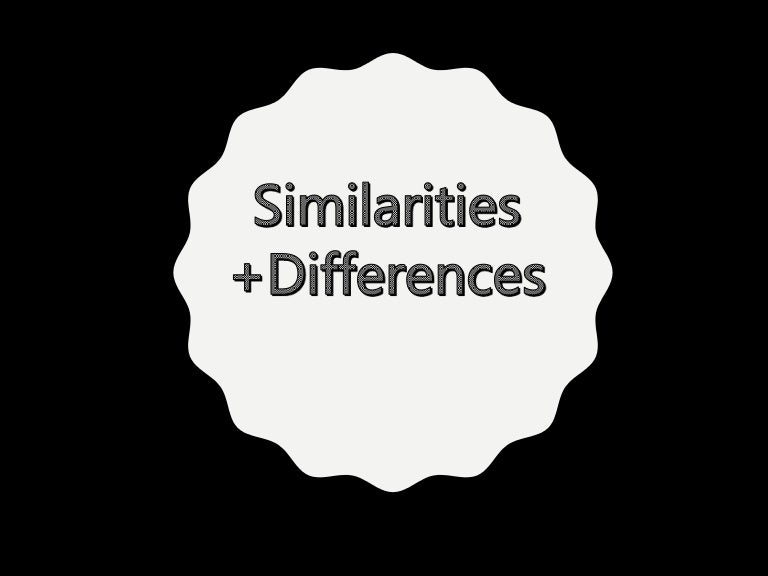

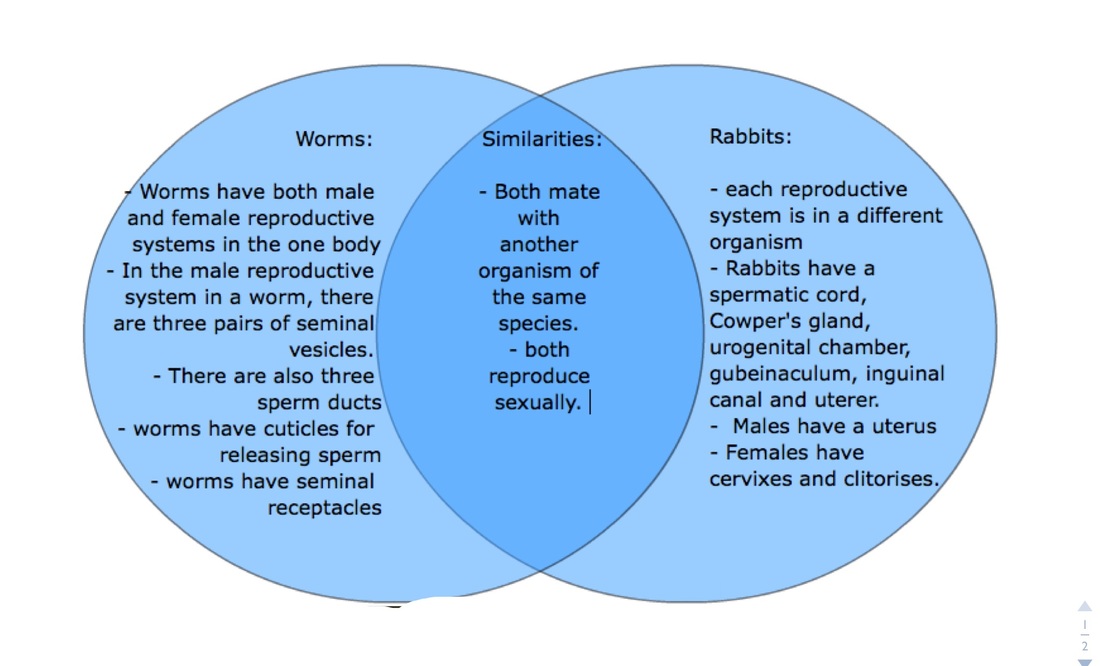





















/182786404-56a9f6725f9b58b7d00038e0.jpg)
